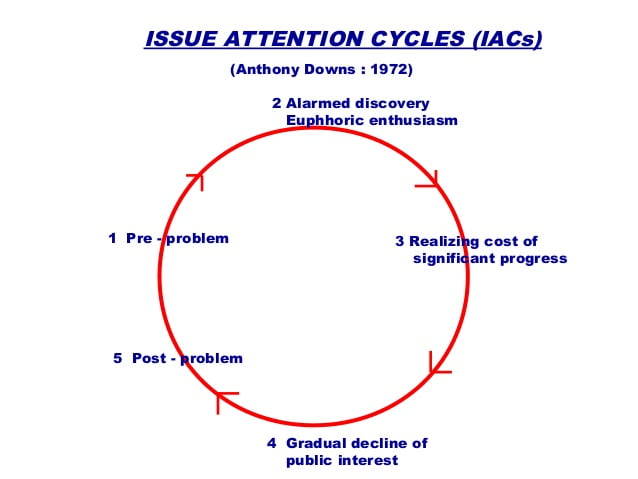On the alternate timeline of simulation world, Joe Biden is still president but Republicans have a Senate majority.
Health, Education, Labor, and Pensions
Republican
- Bill Cassidy (LA), chair Nick Teresi
- Rand Paul (KY) Auggie Aliaga
- Susan Collins (ME) Lexi Punishill
- Lisa Murkowski (AK) Sammy Moore-Thomson
- Mitt Romney (UT) Yulissa Sanchez
- Mitch McConnell (KY)* Isaiah Escobar
- Bernie Sanders (VT), RMM Sritha Chadalavada
- Patty Murray (WA) Jacey Carter
- Tammy Baldwin (WI) Kara Cato
- Maggie Hassan (NH) Ella Eichberg
- Chuck Grassley (IA), chair Maryum Khwaja
- Ted Cruz (TX) Olivia Carusi
- Lindsey Graham (SC) Shay Suresh
- Marsha Blackburn (TN) Olivia Licata
- Mike Lee (UT) Adam Alamy
- Dick Durbin (IL), RMM Bhanu Cheepurupalli
- Cory Booker (NJ) Maeve Conte
- Alex Padilla (CA) Stella Cheng
- Chuck Schumer (NY)* Caroline Bullock















